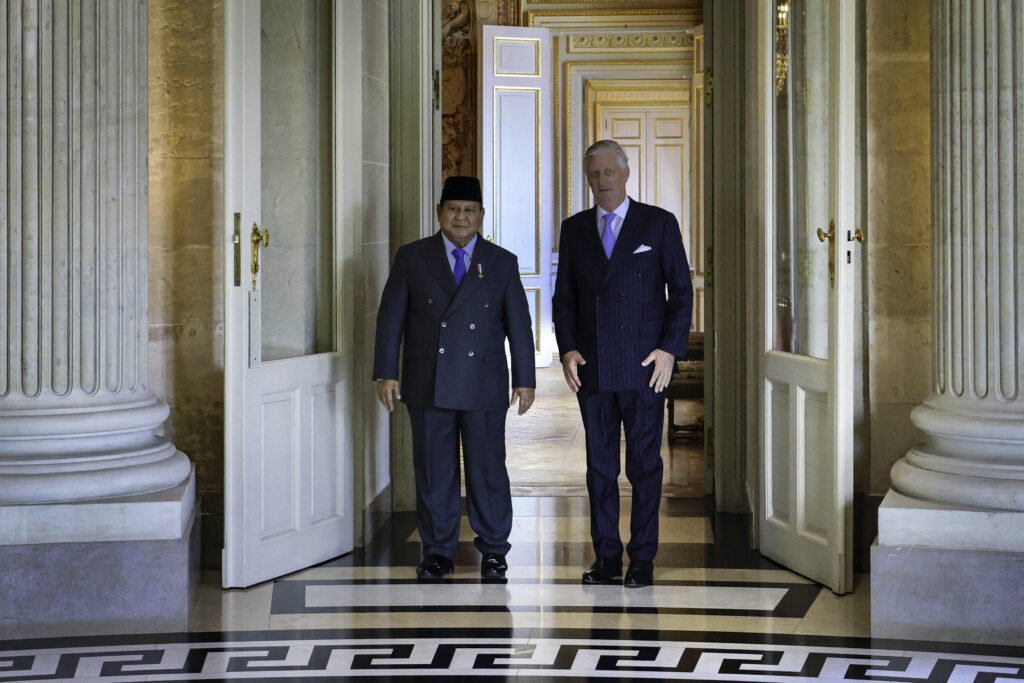Coordinating Minister Encourages Benchmarking System in Tax Inspection Process

Coordinating Minister for the Economy attends National Taxation Seminar at STAN Campus, Tangerang, Banten, Wednesday (24/4). (Photo: PR)
Coordinating Minister for the Economy Darmin Nasution revealed the need to build a benchmark in tax audit process of a particular business entity to ease the job of tax examiners and to encourage the business entity to fulfill the benchmark if they are still below that standard.
If one company issues its Annual Tax Return (SPT) but the number is below a certain benchmark (which has been determined), it must be checked. However, those who have passed the benchmark do not need to get it checked (because they are already good in their tax reporting), Darmin said while attending the National Taxation Seminar at STAN Campus, Tangerang, Banten, Wednesday (24/4).
The Coordinating Minister expressed his belief that a benchmark will reduce tax examiners workload because they will only check company whose SPTis below the standard. Meanwhile, for the company itself, the system will spur them to be more serious in filling their SPT.
It doesn’t take long to build it, just 1-2 years. In addition, the benchmark will also be used to measure the growth of the company, “said the Coordinating Minister.
According to him, there are currently many companies that have built digital platforms for their business operations, both in trade and financial sectors. Thus, he suggested that the tax sector should also establish more advance digital system other than the existing annual tax reporting system.
Not only Indonesia, other developed countries are also struggling to establish a taxation system in the digital era. But the world continues to grow, so at least we can slowly enter the era, Darmin said.
One of the problems in designing taxation policies in the digital economy is when income tax (PPh) from a company is only calculated based on their profit. In fact, there are still many digital startup companies whose profits are zero or even negative.
Income tax can be calculated from their revenue, contracts, and / or users. Thats how we know the companys value. Their financial report may be negative, but the value continues to rise so that they are able to get investors (to advance the business), Darmin explained.
Therefore, the Coordinating Minister added, there must be a major change in Indonesia’s taxation rules in the future. On that occasion, he also slightly criticized the SPT e-filling system, which according to him was still fairly complicated since the system still does not allow users to keep their previous data that have been input. (PR of Coordinating Ministry for the Economy/ES)
Translated by: Estu Widyamurti
Edited by: Mia Medyana








